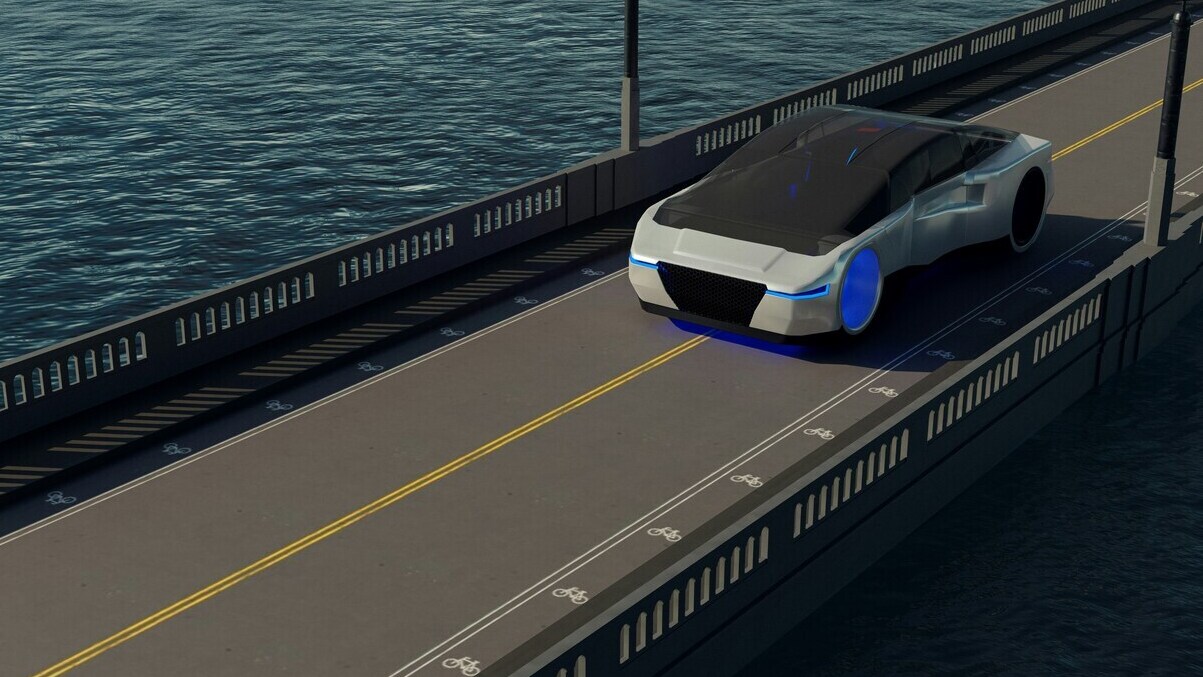Truth & Goodness
Brain in a Dish Experiment Reveals How Thoughts Are Born
27 January 2026

Autonomous cars collect data that could prevent thousands of autonomous vehicle accidents. But almost no one shares it. New research from Cornell scientists reveals why companies so fiercely hide this critical information—and why it may severely impact driver safety.
Autonomous taxis already circulate through San Francisco, Atlanta, Dubai, and Beijing. Transport giants pump billions into self-driving trucks. In fields—including in Poland—driverless tractors are at work. The technology is moving ahead at a furious pace.
But one thing remains stagnant: the AV industry still refuses to share data regarding autonomous vehicle accidents. Why exactly is this specific information so tightly concealed?
As Hauke Sandhaus from Cornell University explains:
“The crux of the competition in the AV market is who has the collision data, because with that data, it is easier to train the AI not to repeat mistakes.”
In practice, this means safety is becoming a commodity rather than a public good.
Should this be the case? Current regulations in the US and Europe require only fragmented reports: time of incident, manufacturer, and information about possible injuries. There is no context, no root causes, and no value for science. Sandhaus and other Cornell University researchers decided to investigate the source of this problem and look for solutions. Their findings were recently published in the journal Proceedings of the ACM on Human-Computer Interaction.
The scientists interviewed 12 employees from autonomous vehicle (AV) companies. The results surprised them. It turns out that every company builds its own hermetic datasets. “There is really very little knowledge shared between companies,” one interviewee stated.
Why do companies so fiercely protect this data? Because it represents their technological “trade secrets.” The raw reports contain everything: how the driving model truly works, where autonomous cars most often make errors, and which situations completely baffle them.
Sharing such information would mean one thing—exposing their entire AI architecture to the competition. And no one in the industry is willing to do that.
The Cornell researchers emphasize that the problem is not technology; it is a lack of willingness. Companies see no profit in sharing knowledge. “Data is the new gold. Whoever uses it first will be the first to bring solutions to the market,” one engineer told them.
The study authors also suggest that universities could become “data intermediaries”: receiving information from companies, processing it, standardizing it, and making it available in a form safe for private entities. Academics already do this in medicine and aviation, so they could also do it in autonomous transportation.
Examples from other industries prove that this works. Safety testing standards, shared accident registries, clear procedures—all these can be transferred to the AV sector. However, it requires a change in mindset among company decision-makers. The current situation, marked by the lack of shared data on autonomous vehicle accidents, ultimately hinders public safety innovation.
Read this article in Polish: Firmy od autonomicznych aut blokują dane o wypadkach. To zagraża kierowcom